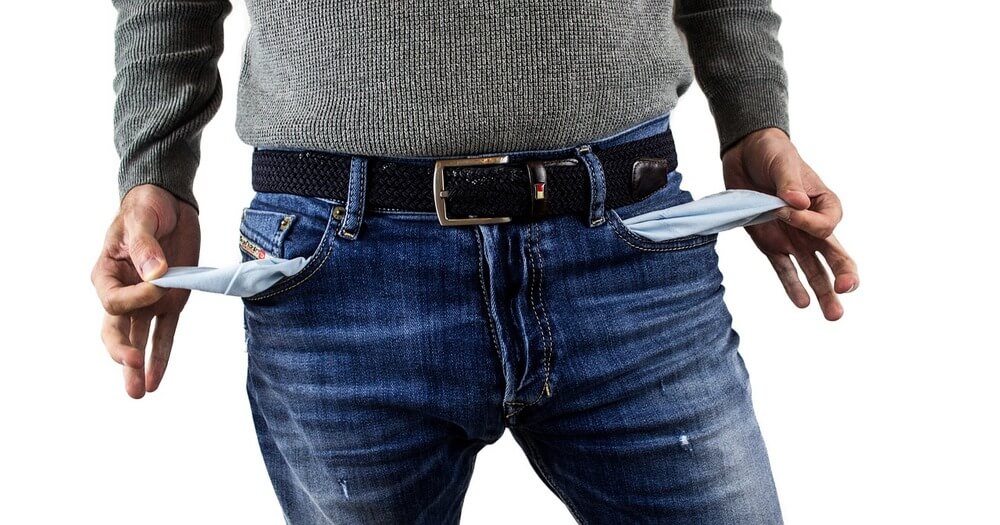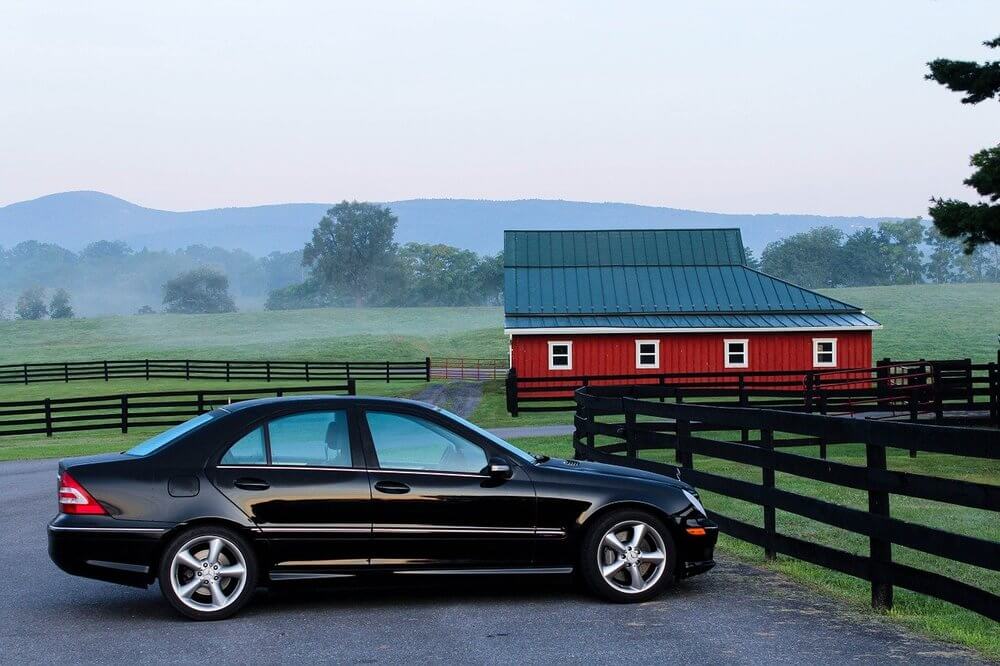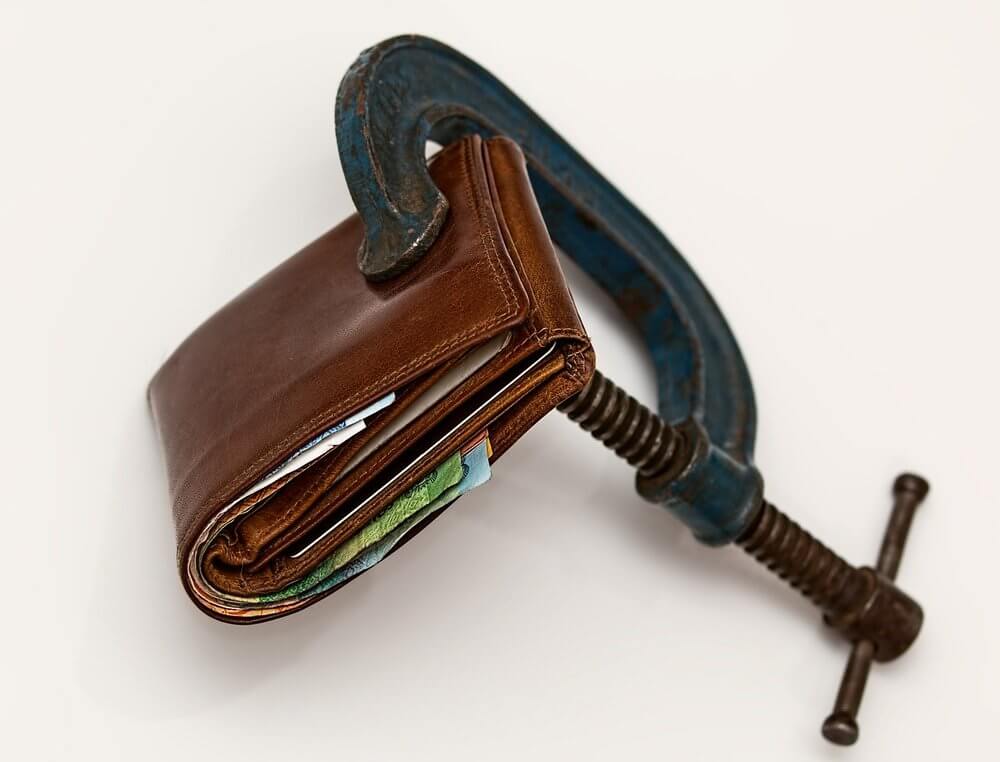Can I File Bankruptcy and Keep My House and Car?

Bankruptcy is a frightening thought for everyone. It is a legal order that allows the court to take away property because the individual or organization is unable to cover outstanding debts.
Therefore, the first question most people considering bankruptcy ask is: “Can I file bankruptcy and keep my house and car?”
The answer to the question depends on the chapter of bankruptcy and state regulations. However, in some instances, it is possible to save your car and home.
Unsecured vs. Secured Debts
It is important to remember that bankruptcy does not relieve your obligation to cover secured debts. The point of bankruptcy is to offer financial freedom by forgiving unsecured debt. On the other hand, secured debt is previous obligations that you must pay regardless of your financial status:

- Unsecured Debt: Types of loans (i.e., credit cards) where the lender has no recourse to come after your assets, like a car or home.
- Secured Debt: Types of loans (car loans, home loans, etc.) where you not only agree to make payments, but the lender may come after your assets if you fail to make payments.
A secured lender may take your property and sell it to satisfy the loan in the event of a default. Filing for bankruptcy does not relieve you of secured debts unless you agree to surrender the property that serves as collateral for the loan.
Consequently, victims of bankruptcy can only keep their house and car if they can still afford to make the monthly payments on the loans.
Chapter 7 vs. Chapter 13 Bankruptcy
There are two types of bankruptcy for individuals: Chapter 7 bankruptcy and Chapter 13 bankruptcy:
- Chapter 7 Bankruptcy: Liquidation bankruptcy that wipes out the most unsecured debt as possible without the need to pay back through a repayment plan.
- Chapter 13 Bankruptcy: Also known as a wage earner’s plan. It allows the person with regular income to develop a strategy to repay all or part of their debts. Chapter 13 bankruptcy involves a repayment plan for over three to five years.

Chapter 7 bankruptcy allows you to keep your home if 1) you are current with your mortgage payments when you file for bankruptcy, and 2) your state laws approve of the bankruptcy exemption. There is a good chance you’ll lose your home if you are behind on mortgage payments.
Meanwhile, Chapter 13 bankruptcy may provide a grace period to catch up on mortgage payments if you are behind. If you can reach an agreement with the courts regarding a repayment plan, you may save the home.
Regarding your automobile, most chapter 7 cases allow you to keep the vehicle if you are current with payments. The same is true of chapter 13 situations, even if you are behind on loan payments. However, in both cases, expect a tighter leash from the lender and the potential to have to “reaffirm” the debt with a new agreement.
Must read: How To File For Bankruptcy Guide
Can I file bankruptcy and keep my house and car?

It depends on the chapter of bankruptcy, the status of the house and car loans, and your current financial situation. Both types of bankruptcy make it easier to keep a car than your home. However, if you are up to date with your mortgage payments, you’ll have an easier time saving your home.
Regardless, you’ll need to prove your commitment to home and auto lenders by agreeing to their terms. Chapter 13 bankruptcy requires court approval for your repayment plan, while Chapter 7 is contingent on your previous history with the mortgage lender.



